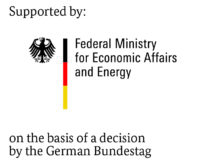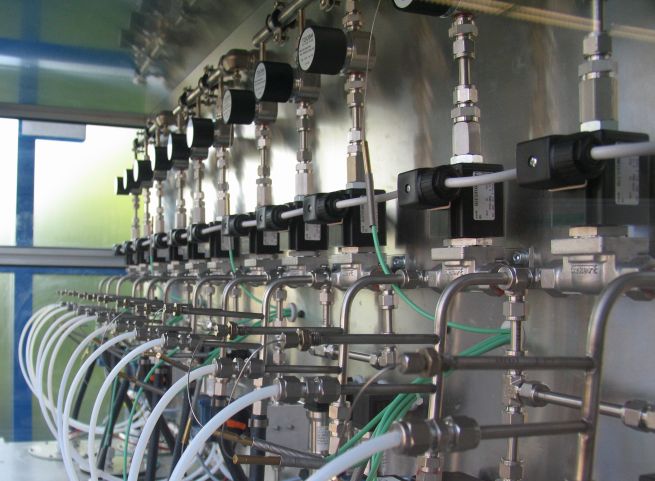From research to the road
06 November 2020 – In the future, new CO2-reduced fuels can enable climate-friendly mobility parallel to electric drives. Since liquid fuels will play an important role in the foreseeable future in freight and passenger car traffic due to their high energy density, various innovative, CO2-reduced fuels are currently being developed in various national research projects. But are they compatible with the existing logistics and tank infrastructure as well as the engines and fuel systems of new and old vehicles? Do they also comply with the standards and requirements applicable today? These questions are being investigated by DECHEMA e.V., the FAM Technical Committee for Petroleum and Fuel Standardization (DGMK-FAM) of the German Society for Petroleum and Coal Science and Technology e.V., the German Biomass Research Centre (DBFZ) and OWI Science for Fuels gGmbH in the current research project “NormAKraft”.
In this project, the necessary compatibility of new alternative CO2-reduced fuels and their blends, also with fossil components, materials and technical systems, includes the fulfillment of applicable regulations, in particular the conformity to standards according to DIN EN 228 or DIN EN 590 for gasoline and diesel fuels. In addition to the evaluation of the material compatibility of the alternative fuels, the project also includes their classification in the existing national and international fuel regulations, for example the Renewable Energy Directive (RED II) and e. g. in Germany the Federal Pollution Control Act (BImSchG). This information is necessary in order to integrate the new liquid energy sources into existing systems (vehicles, filling station infrastructure, distribution, etc.) with the least possible technical and economic additional effort, while at the same time generating maximum ecological benefits. The higher the integration capability in terms of compliance with applicable standards and material compatibility, the greater the chances of alternative fuels establishing themselves on the market and contributing to the energy transition in transport.
OWI Science for Fuels brings together and evaluates the findings obtained in a large number of national research projects with regard to conformity to standards and materials testing. The first iteration stage is concerned with the identification of fuels that meet the requirements of the standards and material tests in full or even approximately. In the second stage, the researchers collect any missing data on the fuels identified as promising and carry out extended system tests, such as hardware-in-the-loop tests. This also allows incompatibilities to be identified that cannot be determined by the parameters specified in the standards.
Based on the desired findings on the possibilities of integrating alternative fuels into the existing system of fuel supply and use in the transport sector, the researchers want to assess the chances of the respective fuels for successful market penetration from a technical and regulatory perspective. The aim is to bring the fuels from development to application maturity. The research in the NormAKraft project is integrated into the „Begleitforschung Energiewende im Verkehr – BEniVer“ (“Accompanying Research on the Energy Transition in Transport”), which supplements the know-how on new fuels with interdisciplinary analyses of the technical, ecological, economic and social effects of alternative CO2-reduced fuels.
Supported by the Federal Republic of Germany
Funding body: Federal Ministry of Economics and Energy based on a resolution of the German Bundestag.







